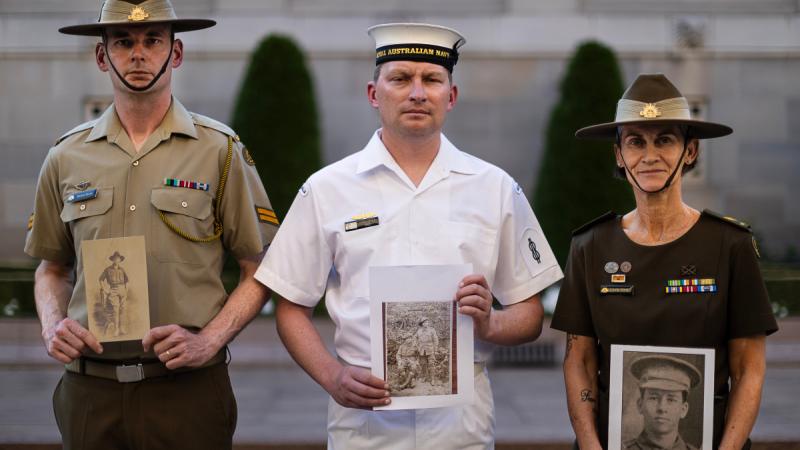Funding announced today in Newcastle will ensure the Leaders in Indigenous Medical Education (LIME) Network can continue to build capacity in Australia’s Indigenous Health workforce.
Federal Regional Health Minister Mark Coulton said the $680,000 of funding would enable the network to continue to increase the number of Indigenous people choosing to study medicine while ensuring a quality indigenous health curriculum is taught in medical schools.
“Growing the number of Aboriginal and Torres Strait Islander doctors and ensuring our health workforce has the culturally appropriate skills and training to improve the health of Aboriginal and Torres Strait Islanders is an Australian Government priority,” Minister Coulton said.
“The LIME Network has been undertaking important work and the additional funding will enable further engagement with current and prospective Aboriginal and Torres Strait Islander doctors.”
Professor Peter O’Mara, Director of the Thurru Indigenous Health Unit at the UoN’s School of Medicine and Public Health, said LIME makes a huge contribution to the work at Thurru Indigenous Health Unit, and has been instrumental in helping achieve an ever-growing numbers of Indigenous medical students.
“In 2020, 10 percent of our commencing joint medical program students were Aboriginal and Torres Strait Islanders, and 17 will be graduating this year,” Professor O’Mara said.
“The LIME Network is a project of the Medical Deans Australia and New Zealand and, by working across all medical schools and having this broad network of Indigenous leads, academics and support staff, the sharing of experiences, ideas, challenges and new initiatives is so much stronger and more effective.”
Also joining the announcement was Wiradjuri men Mr Nathan Towney, Pro Vice-Chancellor of the Office of Indigenous Strategy and Mr Darren Nolan from the School of Medicine and Public Health from the University of Newcastle.
Noongar woman, Professor Sandra Eades, Dean and Head of Curtin Medical School in WA participated virtually to mark the occasion and is Australia’s first Indigenous Dean to a medical School.
During his visit to the University of Newcastle, Minister Coulton also met with Professor Jennifer May, Director of the University’s Department of Rural Health, to hear about the delivery of the Rural Health Multidisciplinary Training (RHMT) Program.
“Over 20 years this successful training program has driven rural training and helped build the capacity of the rural health workforce by providing a rich experience for students in rural settings,” Minister Coulton said.
“By offering pathways for Aboriginal and Torres Strait Islander students and those from rural backgrounds, the university is leading the way in nurturing and retaining local knowledge and talent.
“The Government continues to support the delivery of quality, multidisciplinary, rural health training. Most recently in the 2020-21 Federal Budget, I announced a further $50.3 million to expand the long-standing program and keep building the rural training pipeline.
“Evidence shows medical students who undertake training in rural areas, and those from a rural background, are more likely to take up rural practice after graduation. “
Minister Coulton said building the capacity and capability of the Aboriginal and Torres Strait Islander health workforce, and increasing Aboriginal and Torres Strait Islander cultural awareness in the broader health workforce is key to better health outcomes now and into the future.
BACKGROUND:
The LIME Network, managed by the Medical Deans Australia and New Zealand, will receive funding support of more than $680,000 in 2020-2021 for its work to:
- Support quality and effective teaching of Indigenous health in medical education;
- Recruit and retain Indigenous medical students;
- Engage and collaborate with medical schools, the Australian Medical Council, the National Aboriginal Community Controlled Health Organisation and other Indigenous peak organisations;
- Boost mentoring opportunities for Indigenous medical students and early-career academics; and
- Build on the Indigenous Health Resources Hub which supports sharing information on research, experiences and initiatives in Indigenous health education.
This funding takes the Government’s total investment in LIME since 2017-18 to more than $2 million.








